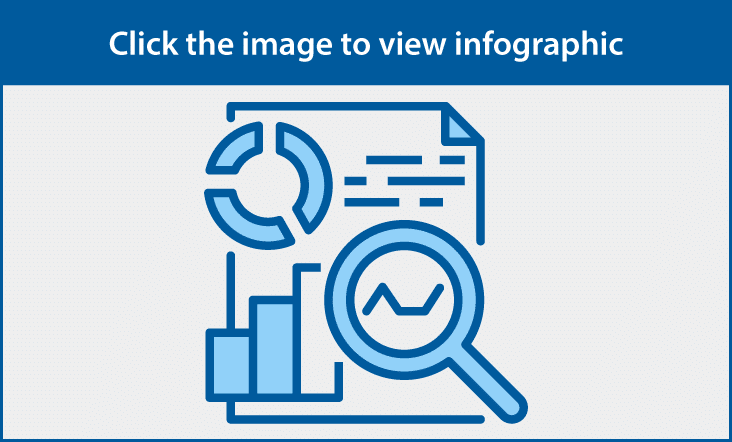
Discover Information, Media and Data Literacy

You can discover about Information, Media and Data Literacies here.
What is Information Literacy?
“Information literacy is the ability to think critically and make balanced judgements about any information we find and use. It empowers us as citizens to develop informed views and to engage fully with society.” (CILIP, 2018)
This video from Modern Librarian Memoirs explains Information Literacy further:
Information, Media and Data Literacy - A Quick Guide
Infographic
This infographic will help you start to discover Information, Media and Data literacy. It provides you with some tips on how to build up these skills and details the importance of them for learning and in future employment.
To access, please click on the image.
Online Learning
Transition Skills
The information found and used along with the skills developed before reaching university are different from those needed during a degree course.
The Transition Skills webpage is designed to help you understand the transition in the context of Information Literacy.
Guidance
McClay Library Guides
To enhance your information literacy please take the opportunity to explore the Library’s Subject Guides.
Guides on the Library’s resources and services are available including:
Podcast
Fake News
- Download the Fake News Podcast Transcript
Other Resources:
- Hone your media literacy – Sharpen your media literacy skills with these videos from TED-Ed, which cover a range of topics from the spreading of false news, to spotting a misleading graph, to outsmarting logical fallacies.
- Oxford Research – This page goes into great detail, explaining what fake news is, the origin of the term, and why it is a cause for concern. Provides further reading and references.




